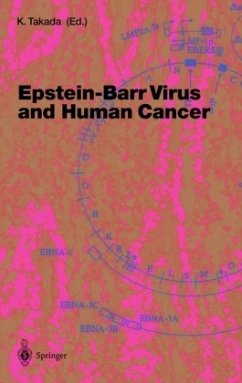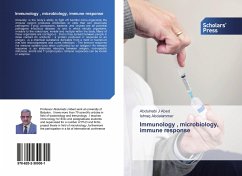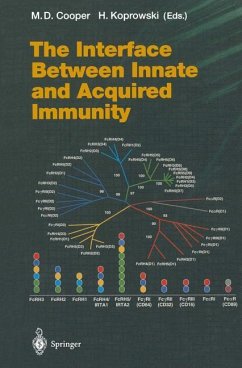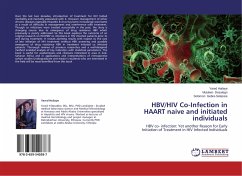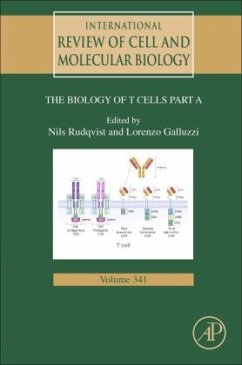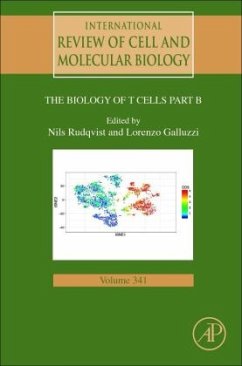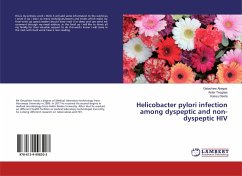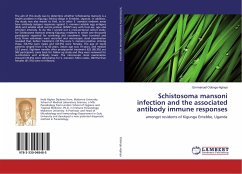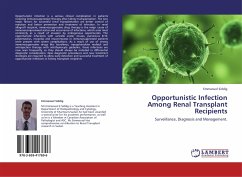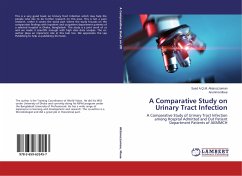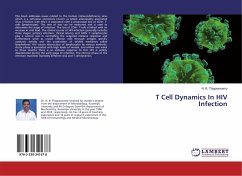
T Cell Dynamics In HIV Infection
Versandkostenfrei!
Versandfertig in 6-10 Tagen
24,99 €
inkl. MwSt.

PAYBACK Punkte
12 °P sammeln!
This book addresses issues related to the Human immunodeficiency virus which is a retrovirus commonly known as lymph adenopathy associated virus. Infection with HIV-1 is associated with a progressive loss of CD4+ T-cells (lymphocytes). This rate of loss can be measured and is used to determine the stage of infection. The loss of CD4+ T-cells is linked with an increase in viral load. The clinical course of HIV-infection generally includes three stages: primary infection, clinical latency and AIDS. T Lymphocytes play a central role in controlling the acquired immune response and furthermore serv...
This book addresses issues related to the Human immunodeficiency virus which is a retrovirus commonly known as lymph adenopathy associated virus. Infection with HIV-1 is associated with a progressive loss of CD4+ T-cells (lymphocytes). This rate of loss can be measured and is used to determine the stage of infection. The loss of CD4+ T-cells is linked with an increase in viral load. The clinical course of HIV-infection generally includes three stages: primary infection, clinical latency and AIDS. T Lymphocytes play a central role in controlling the acquired immune response and furthermore serve as crucial effector cells through antigen specific cytotoxic activity and the production of soluble mediators called lymphokines. HIV causes destruction of lymphocytes by various methods. Acute phase is associated with high levels of viremia, and within one week to three months there is an immune response to HIV. HIV is widely disseminated during the early stage of infection. The chronic phase of the infection manifests markedly different viral and T cell dynamics.



